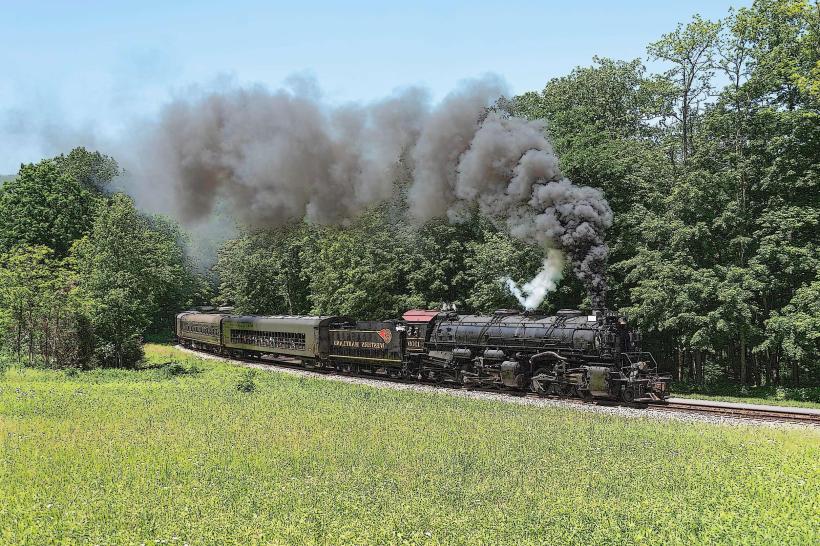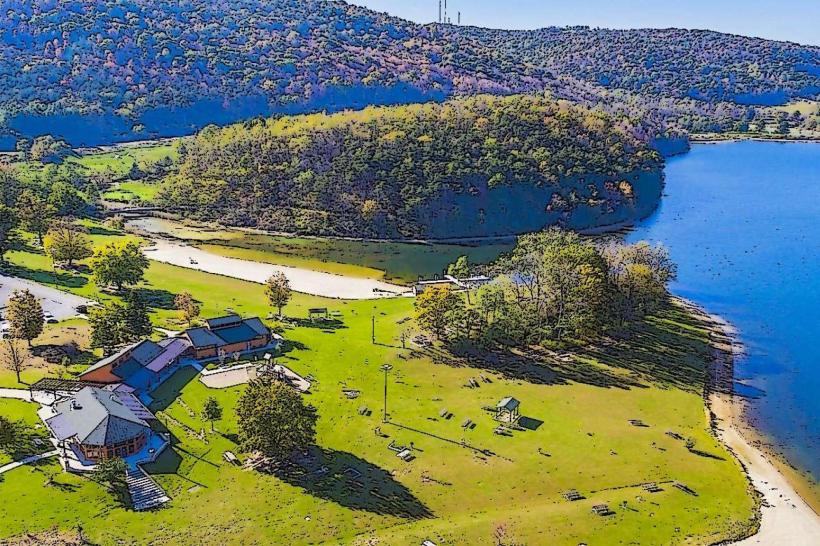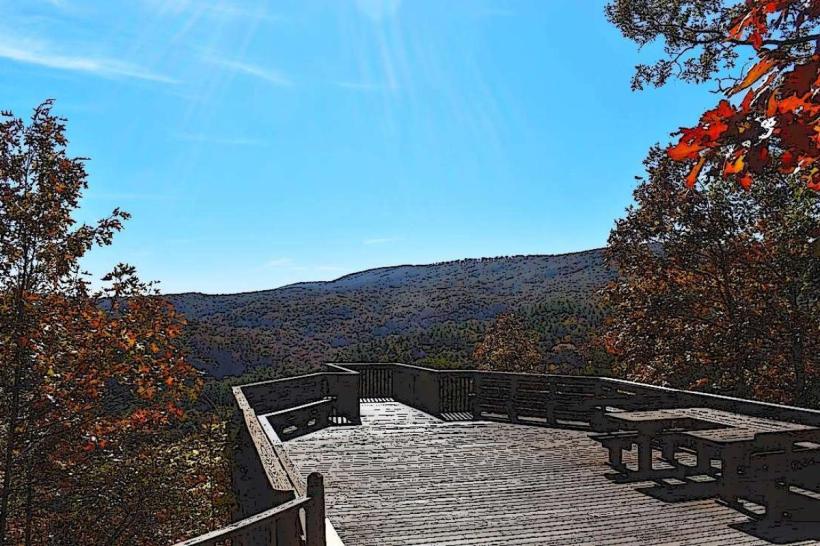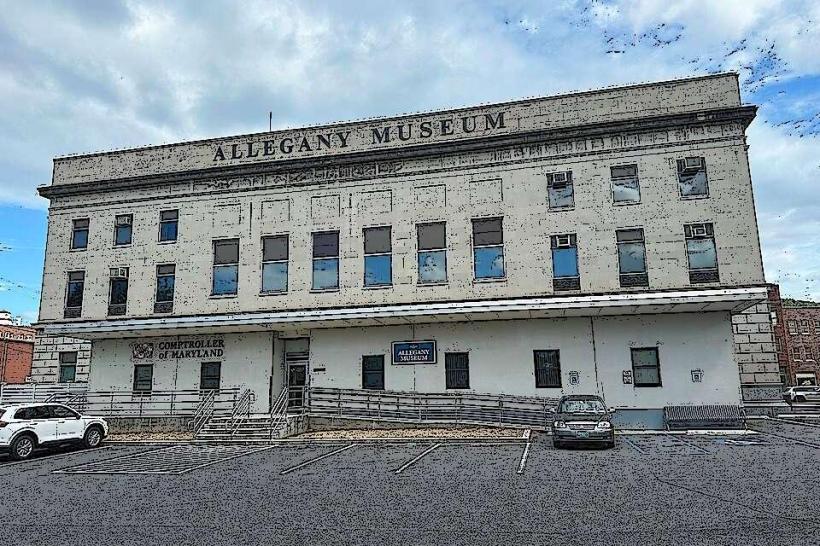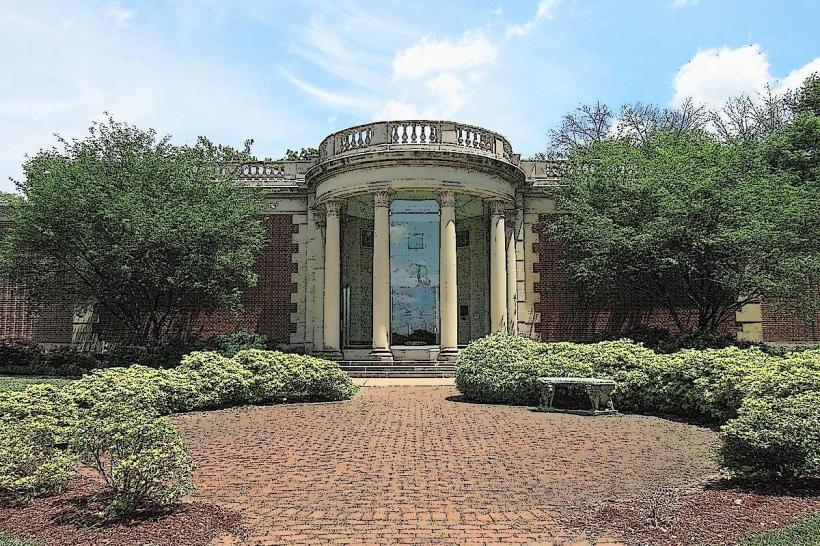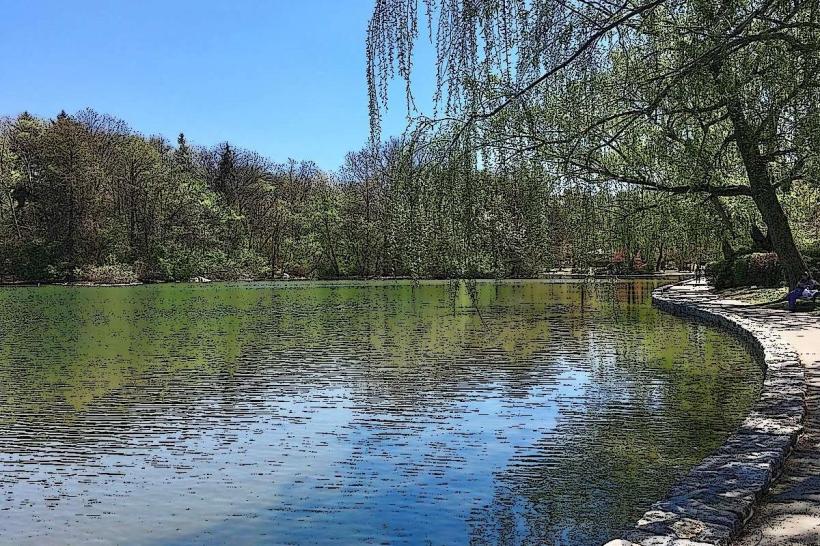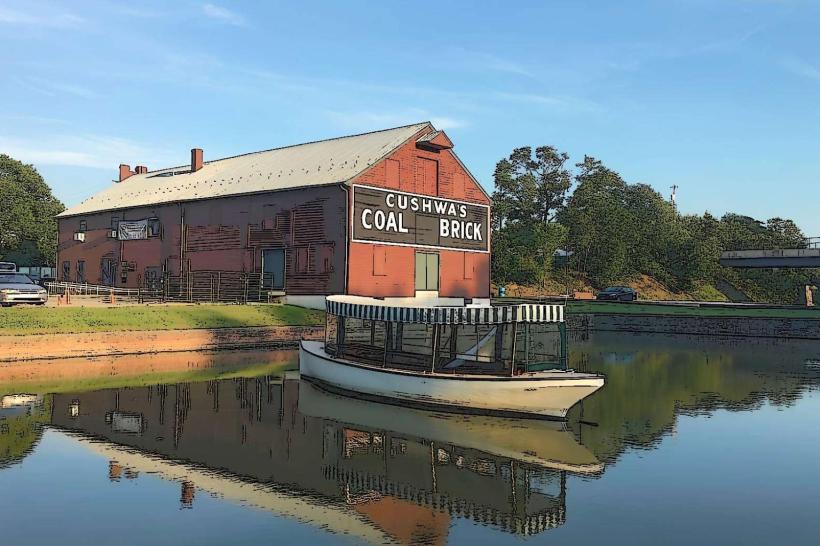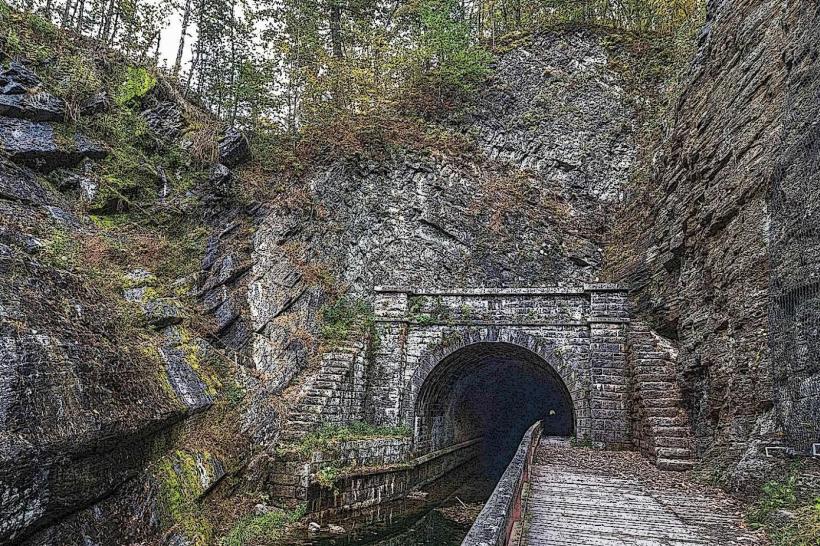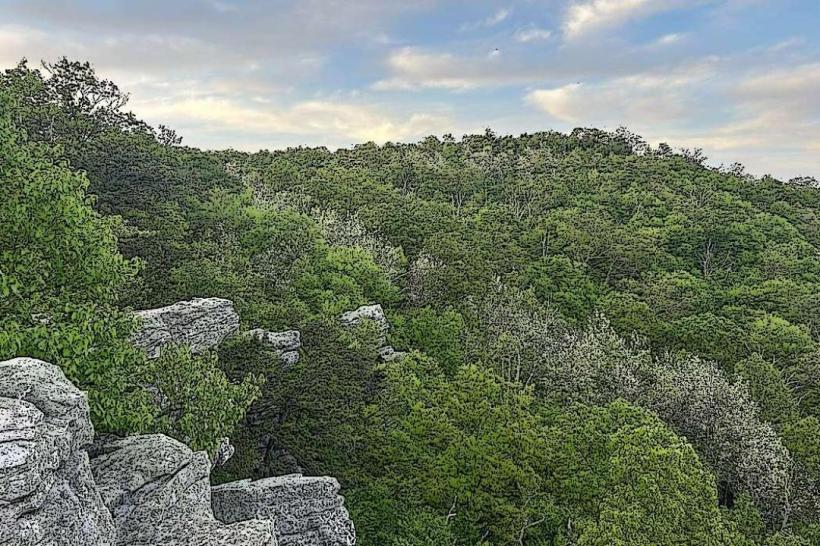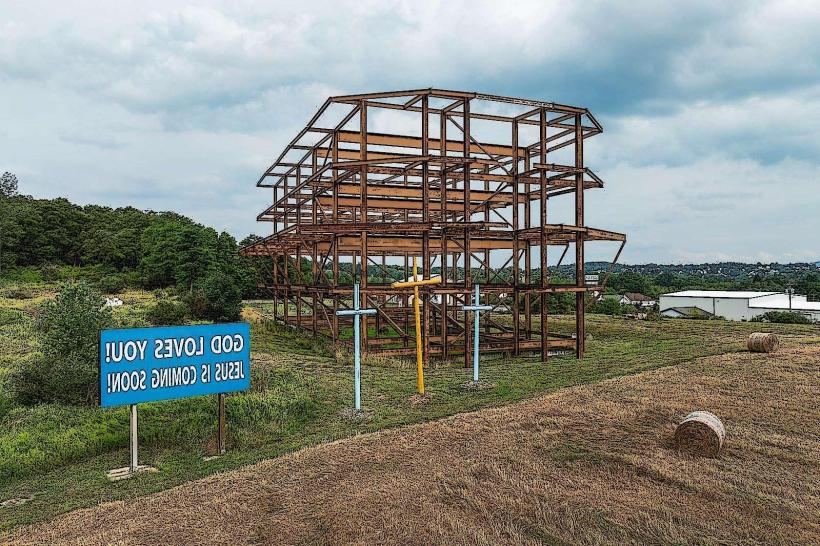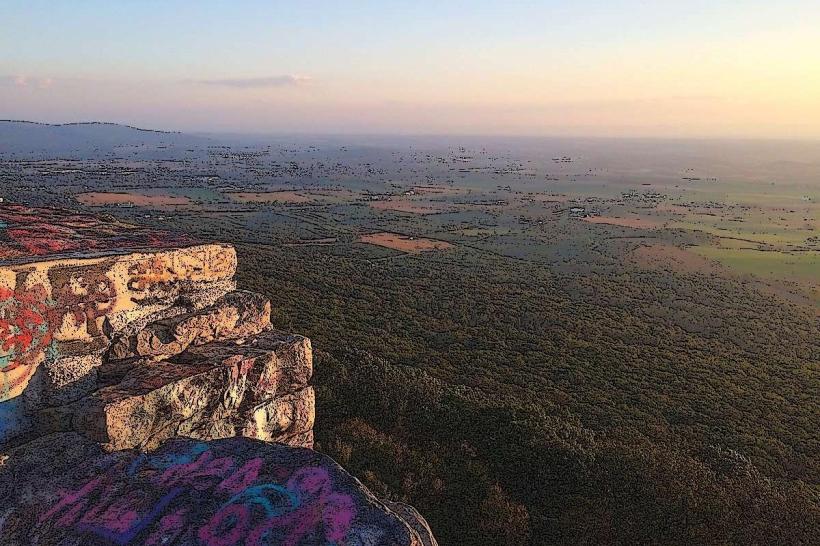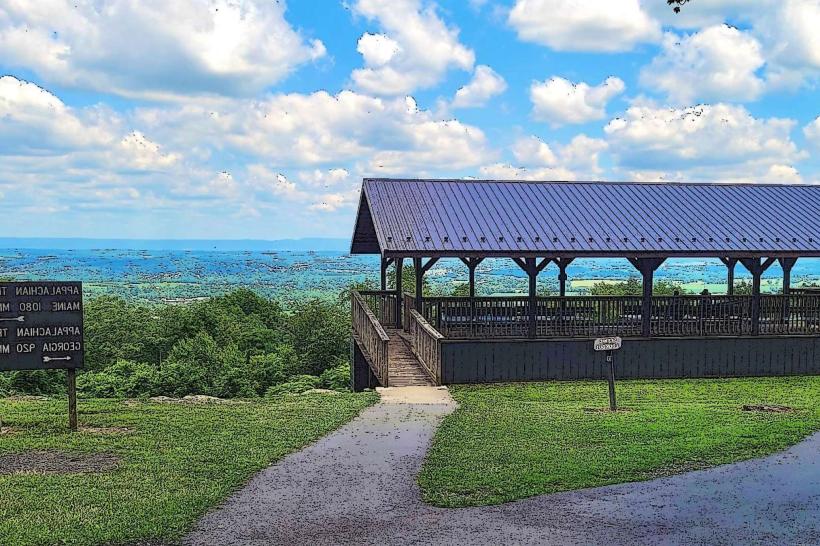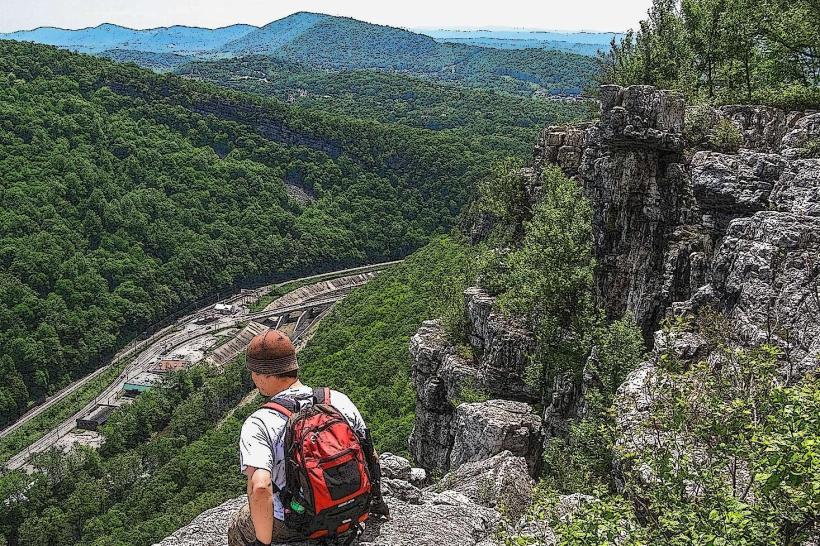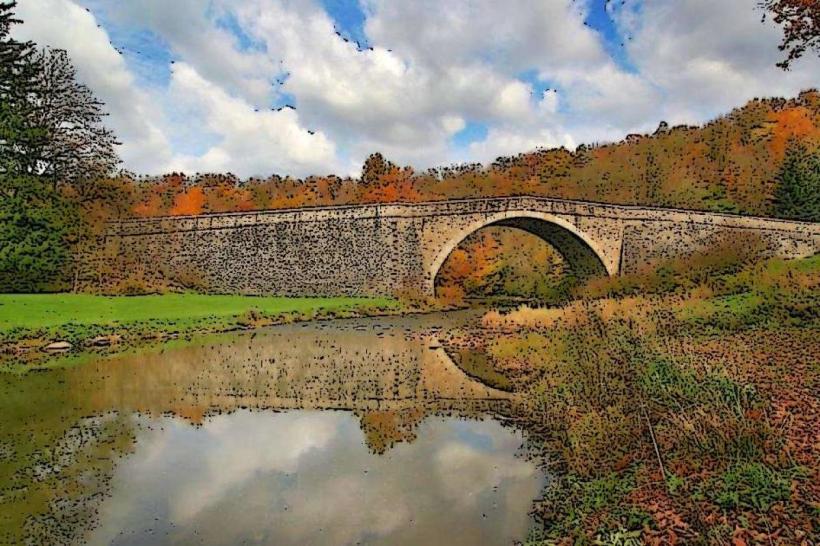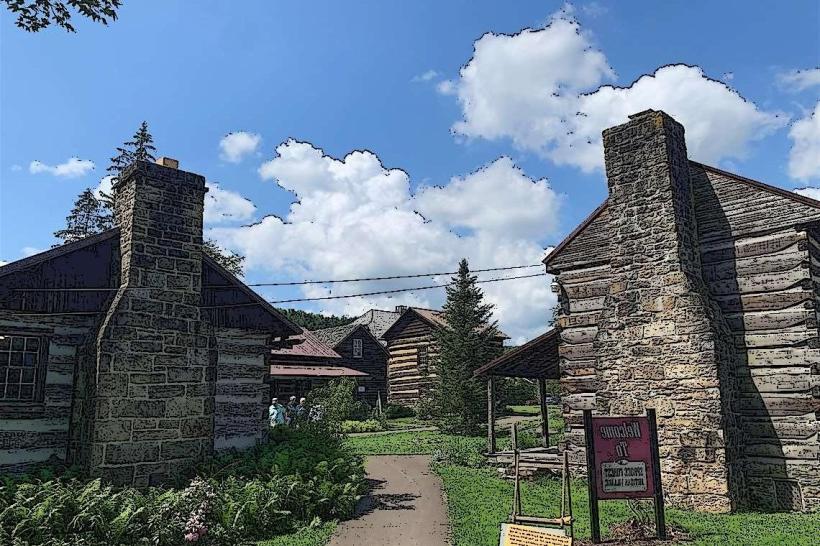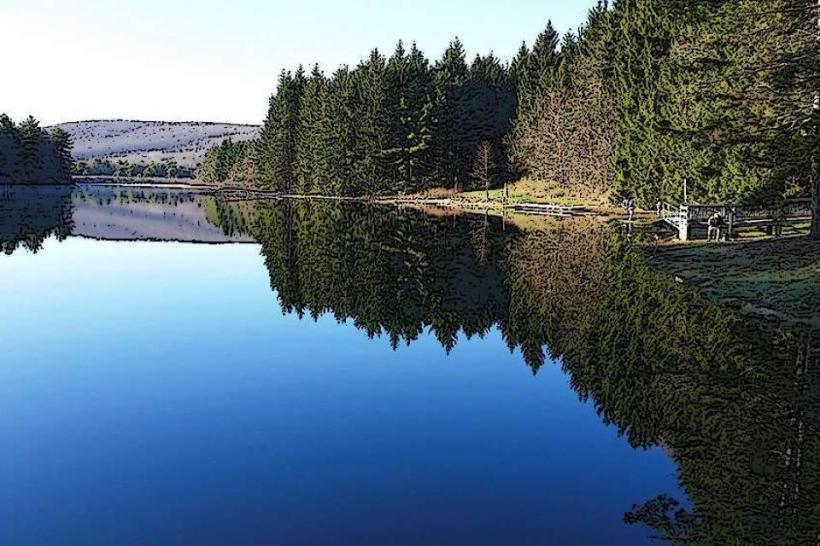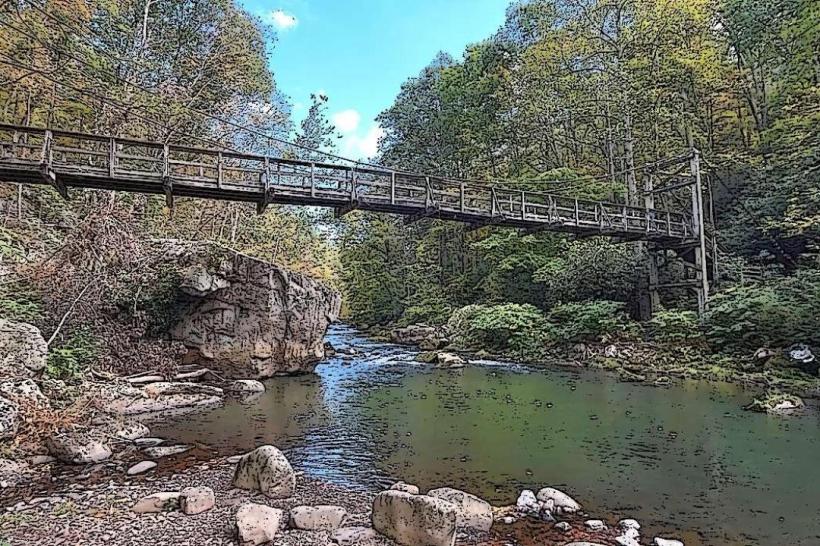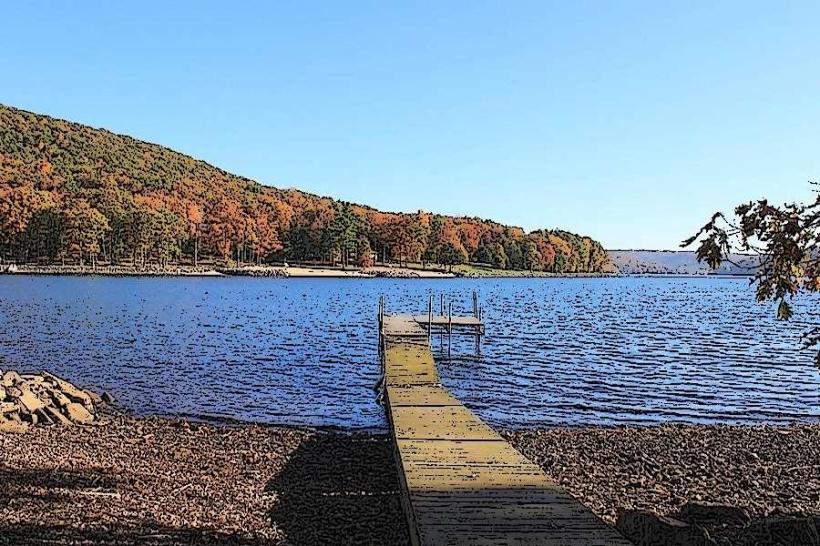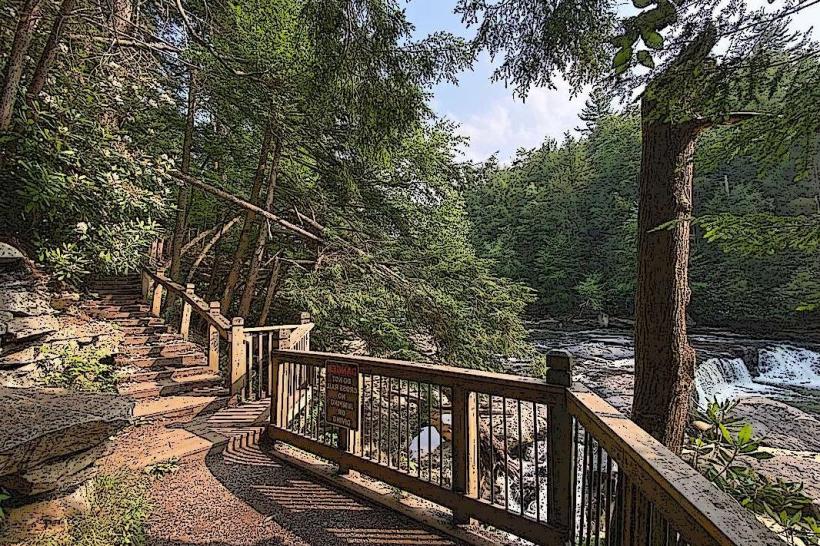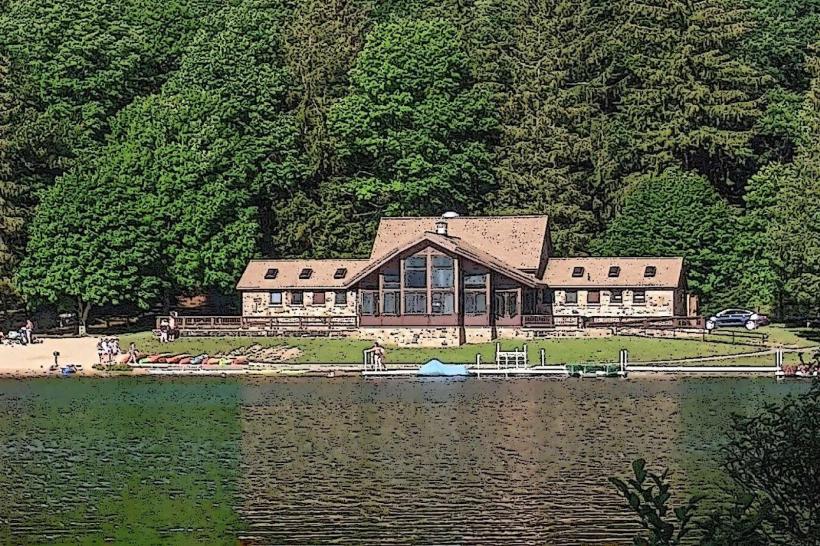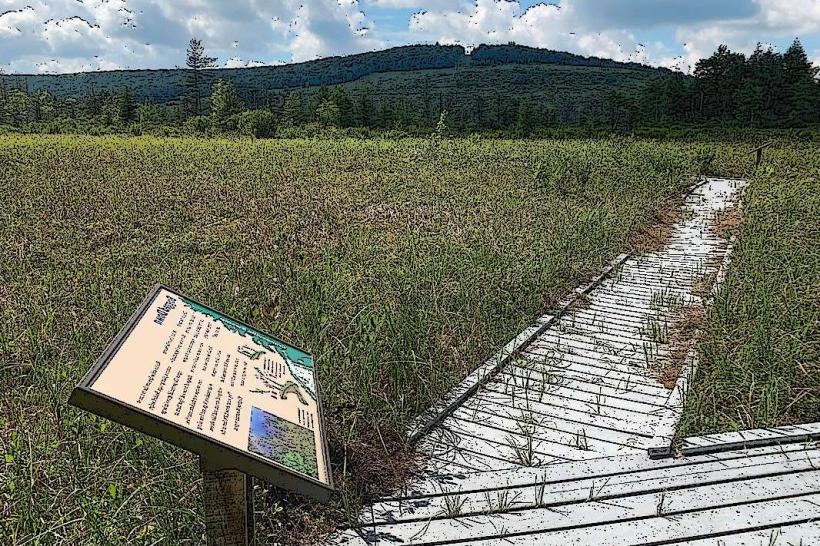Information
Landmark: Fort Frederick State ParkCity: Hagerstown
Country: USA Maryland
Continent: North America
Fort Frederick State Park, Hagerstown, USA Maryland, North America
Fort Frederick State Park, located near Big Pool in western Maryland, spans approximately 722 acres and offers visitors a rich combination of colonial history and outdoor recreational opportunities. The park is centered around Fort Frederick, a remarkably well-preserved stone fortification built in 1756 during the French and Indian War, designed to defend the frontier against French and Native American incursions. Its strategic location near the Potomac River and the C&O Canal corridor made it a critical military and logistical site throughout multiple conflicts, including the Revolutionary War and the Civil War.
Historical Significance
Fort Frederick is the only remaining colonial stone fort built in Maryland during the mid-18th century. Constructed under the direction of Governor Horatio Sharpe, the fort was designed to serve as a military garrison and a safe haven for settlers in the region. The fort’s imposing limestone walls rise approximately 15 feet high and are nearly 3 feet thick, enclosing an area roughly 180 by 90 feet. Its robust construction reflects colonial military architecture of the time, including bastions at each corner for defense.
During its active years, the fort housed troops, served as a supply depot, and functioned as a detention center for prisoners of war. After the French and Indian War, the fort saw intermittent military use, notably during the American Revolution and Civil War, when Union forces used it to guard the vital transportation routes along the Potomac River.
In 1973, Fort Frederick was designated a National Historic Landmark, recognizing its exceptional preservation and importance to American colonial and military history.
Fort Restoration and Visitor Experience
The fort’s walls, two reconstructed barracks, and Captain Wort’s Sutler Shop have been restored to their 1758 appearance, providing an immersive historical experience. Inside the fort, living history demonstrations are frequently held, featuring costumed interpreters who reenact colonial soldier life, including musket firing, drills, cooking, and crafts. These programs bring the fort’s history to life, educating visitors about military life, frontier challenges, and colonial-era defense strategies.
The visitor center contains exhibits on the fort’s construction, its historical context, and Maryland’s role during the colonial period. Additionally, the Civilian Conservation Corps (CCC) Museum onsite honors the men who helped develop many of Maryland’s state parks during the 1930s.
Outdoor Recreation and Natural Features
Beyond its historical attractions, Fort Frederick State Park offers varied outdoor activities:
Hiking Trails: The park features several trails winding through diverse habitats of hardwood forests, wetlands, and riverine environments. The 1.1-mile Plantation Trail is a popular loop that passes through woodlands and open areas, offering birdwatching and glimpses of local wildlife such as deer, foxes, and a variety of songbirds.
Fishing and Boating: The park borders Big Pool Lake and the Potomac River, providing excellent fishing for species like largemouth bass, catfish, and sunfish. The lake is well-suited for non-motorized boating, including kayaking and canoeing. A small boat launch and fishing pier are available for visitors.
Camping: Primitive camping is offered at 23 unimproved campsites along the Potomac River, available on a first-come, first-served basis. These sites provide a more rustic, secluded experience compared to modern campgrounds, appealing to campers who prefer natural settings without extensive facilities.
Picnicking: Shaded picnic areas equipped with tables, grills, a playground for children, and a pavilion (available for group rental) make the park family-friendly and ideal for day visits.
Trails and Connectivity
Fort Frederick is linked to regional trail networks, notably the Chesapeake and Ohio (C&O) Canal Towpath, which runs through the park. This historic towpath stretches 184.5 miles from Washington, D.C., to Cumberland, Maryland, and is popular for hiking, biking, and horseback riding. Visitors can access the towpath from the park for extended outdoor adventures along the Potomac River.
In addition, the nearby Western Maryland Rail Trail-a 23-mile paved multi-use trail-is accessible within a short drive. This trail offers smooth terrain for cycling, walking, and running, connecting communities and providing scenic views of the surrounding countryside.
Visitor Amenities and Practical Information
Operating Hours: The park is open daily from 8:00 AM until sunset, with seasonal variations in opening times for some facilities. The historic fort and visitor center operate Thursday through Monday from 10:00 AM to 5:00 PM during the warmer months (Memorial Day through Labor Day).
Admission: Entry to the park and fort is free, though donations are appreciated to support maintenance and programming.
Facilities: Restrooms, parking, picnic areas, and a visitor center enhance the visitor experience. While the camping sites are primitive, the park’s natural setting offers peace and solitude.
Accessibility: The visitor center and picnic areas are wheelchair accessible. However, the fort’s historic structure includes uneven surfaces and stairs, which may limit access for some visitors.
Educational and Community Role
Fort Frederick State Park serves as an educational resource, hosting school groups, history buffs, and community events. Its interpretive programs and special events focus on colonial history, military life, and Maryland’s broader heritage. The park also plays a role in preserving local natural habitats and promoting outdoor recreation.
Summary
Fort Frederick State Park offers a distinctive combination of well-preserved colonial military history and diverse outdoor activities in a scenic riverside setting. The fort’s historical importance as a colonial defensive structure, its excellent preservation and engaging interpretive programs, along with the park’s hiking, fishing, camping, and picnic facilities, create a well-rounded experience for visitors. It remains a key destination for those interested in American colonial history, military architecture, and the natural beauty of Maryland’s Potomac River region.

